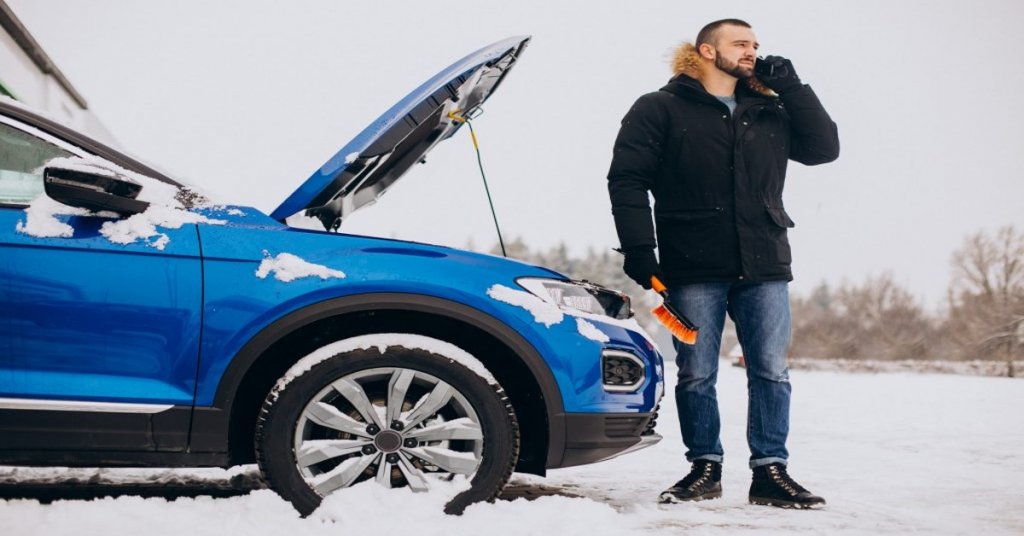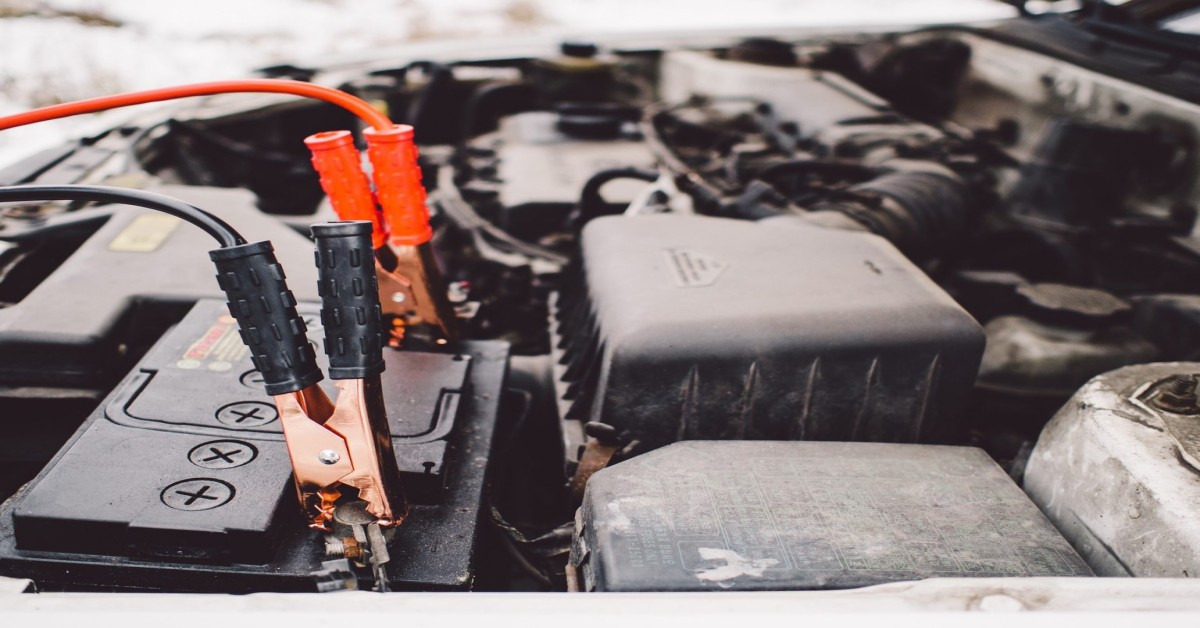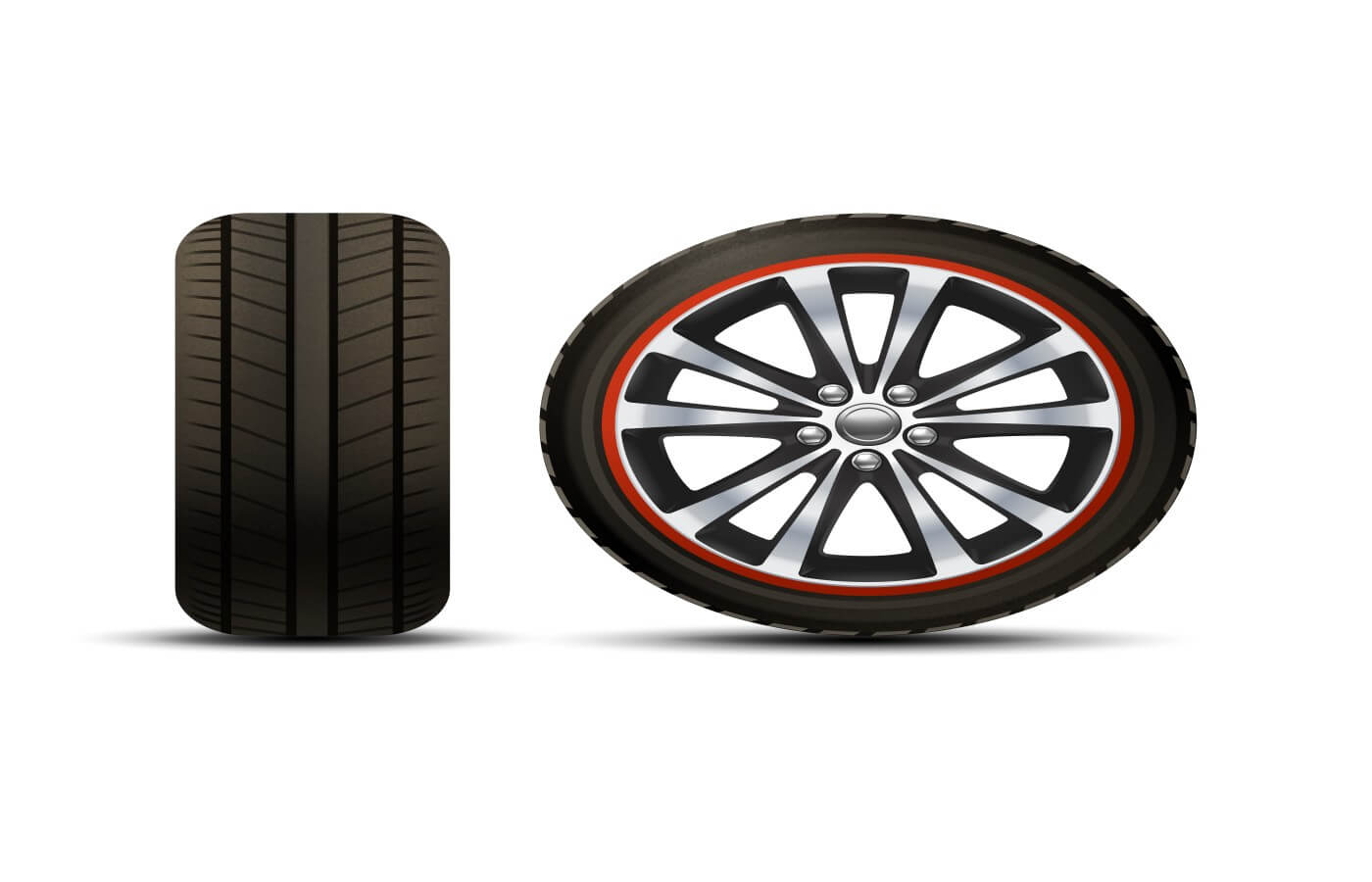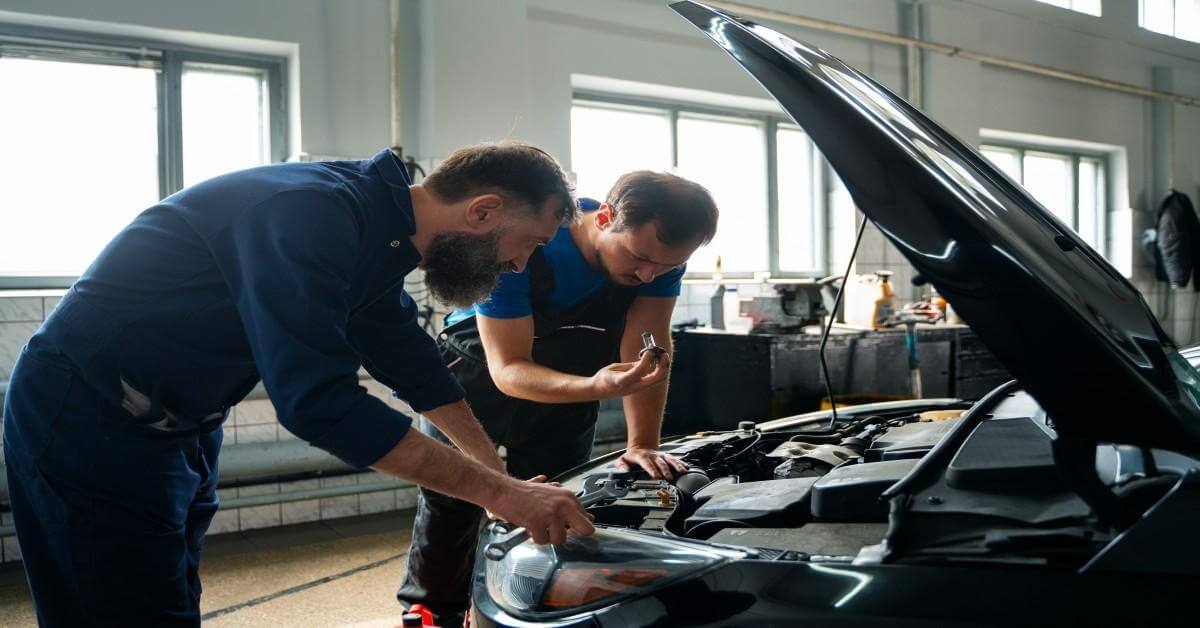Most of us tend to think of our cars as mechanical objects with only the battery being an exception. While that is true for the most part, certain electrical components in our cars are mechanically independent.
And the failure of any of these electrical components can result in a poor driving experience. To identify and go about these common electrical faults, in this feature we’ll discuss different electrical problems in cars, and their signs.

Here are the 6 most common electrical problems in a car and their symptoms
Table of Contents
Starter Motor Problems
The starter motor is an essential component required in the ignition process, it is responsible for providing the zap of current necessary for turning the engine over.
The starter motor consists of a primary motor and solenoid. The primary motor is used to engage the crankshaft for turning the engine on, while the Solenoid is used for connecting the driving gear and closing the primary motor’s electrical contacts.
The main reason why your starter motor won’t work when the battery is not at fault is a burnt-out primary motor or solenoid. The primary motor usually burns out by shorting, while a broken solenoid is a rare scenario that happens when a solenoid coil burns out due to overvoltage.
The excess voltage and force in the solenoid cause the plunger to close easily but due to an excessive holding current, the coil gradually overheats and goes up in smoke.
Starter motor problems are extremely common and require replacement immediately, to limit the chances of any serious damage, we recommend not to make light of any signal indicating a starter motor problem.
Here are some of the signs to look for in faulty starter motor-
Car not starting in one go
If it takes multiple tries to get your car started, its an indication of a faltering starting motor
Clicking, Grinding, And Whining Noise
The cause of these kinds of noises can be attributed to a problem with the flywheel and starter relay.
Starter Motor not turning off
Under normal conditions, the power to the starter motor is cut off once the start button is released. If the starter motor stays on beyond this period, it is a sign of failure of the main contacts inside the solenoid.
Starter motor soaked in oil
Located at the bottom of the engine, starter motors are susceptible to getting soaked if there’s an engine leak.
Smoke when starting the engine
If you notice smoke coming out of the starter motor, it is an indication of a short circuit or the ignition switch going wrong. If you also smell burning, it is recommended to not drive your car any further and contact a mechanic immediately.
Electrical Short Circuit
The electrical system of a car can be divided into sensors and actuator circuits, Each of these circuits maintain proper functioning as long as the wiring stays intact. A short circuit in the electrical system of your car can manifest in a number of ways and due to that fact is one of the hardest electrical issues to diagnose and fix.
Here are some signs of electrical issues in your car –
Singed wires
Flickering failure of electrical components, slight burning smells are among the prime signals of a burned wire.
Wires or harnesses with melted insulation
If you discover melted insulation early, you can be really lucky to avert a full short circuit. Sometimes the insulation is damaged, but not so bad that there are shorts in the harness.
Blown fuse
A blown fuse is one of the most helpful signs of an electrical problem in a car. If there’s an issue with the electrical fuse in your car, the car’s normal functioning will not be affected rather the interior lights, backup lights radio, climate control features will cease to function. Only in rare cases, though, will a blown fuse would cause your car to not start.
Burned fusible link
The fusible link is an in-line fuse on the positive terminal of the battery. To check for a burned or blown fusible link, one can test the ohmmeter for high resistance. If the link is fine, the ohmmeter will read the same resistance as the test leads are touched together or a will read a low resistance, generally lower than 0.2.
Open circuit
It is the simplest electrical problem to occur in a car and be identified, that is for the circuit to be “open.” The switch going off its position and rendering an open circuit is generally caused by a blown fuse, so, if you have identified an issue with the fuse, it is quite likely for you to find the circuit to be open as well.
Faulty Spark plugs
Spark plugs are designed to supply the zap of current necessary to ignites the fuel mixture, which makes the engine produce power. They are essential for optimum performance and should be cleaned carefully without damaging the electrodes. Sparks plugs, if failing, directly affect the performance of the engine. A bad spark plug is one that gets enveloped and fouled with substances like oil, fuel, and carbon. Driving with bad spark plugs can wreak havoc on your engine and make your car more vulnerable to breakdowns.
Here are some of the early signs to look for in bad spark plugs-
Reduced mileage
If you experience a sudden drop in your fuel mileage and find yourself more on the gas station than on the road, one possible cause could be bad spark plugs.
Slow Acceleration
A sluggish acceleration can be attributed to dirty spark plugs. If you are not able to get the pick-up speed you used to, then it might help to check and clean your spark plugs.
Engine misfires
Engine misfiring is due to an interruption in the ignition process which can be ascribed to failing spark plugs.
Noise while idling
This is one of the most telltale signs of spark plug problems. Normally your car should sound calm and quiet while waiting in the traffic but if the spark plugs have gone bad, you could experience vibrations and disquieting noise when idling.
Dead Car Battery
Here’s the most common of them all- A dead car battery is the most routinely experienced electrical problem by everyone. Since all car batteries have a putative lifespan of about 5 years, most of us are generally well equipped to replace the battery and pay heed to battery maintenance. However, the life of a battery is influenced by a myriad of factors like hot/cold weather, short trips, moisture/corrosion, driving habits, etc. Due to these countless, altering effects, it becomes exceedingly difficult to determine when exactly your car battery is going to leave you stranded.
Here are some of the early signs to look for in a failing car battery-
Battery connectors are corroded
Corroded battery connectors are the most apparent signs of a dying battery. Simply look for white ashy substances on your battery to know if the connectors are corroded.
Dim Lights
If one night, you notice your headlights not glowing as bright as they used to, that could mean, your car battery is about to die.
Rotten-smelling car battery
If the battery is internally damaged and has a gas leak, your car can smell like rotten eggs under the hood.
Car battery shape has changed
A change in shape is mostly caused by hot weather conditions. If your car battery’s perfect rectangular shape has been disfigured, chances are, it isn’t performing well and needs immediate replacement.
Bad Alternator
Another crucial electrical component in a vehicle is the alternator, it works to turn mechanical energy into electrical energy, keeping all the other electrical parts alive when the battery turns off, like headlights, power steering, wipers, and your lit-up dashboard. Though the alternator has a long life and can even function throughout the lifetime of your car, its actual run depends on a number of factors like wire quality, heat, exposure to water, etc. Without a fully functioning alternator, your car will not haul more than a few meters and all the other electrical parts will also begin to fail, making it extremely important to determine the early signs that can help you stave off heavy expenses.
Here are some of the signs to look for in faulty alternator-
Overly bright lights
Though dim lights can be a sign of a failing battery, overly bright lights cannot be mistaken for anything other than your alternator malfunctioning.
Malfunctioning car accessories
If you find yourself struggling to use the infotainment system or turn the ac on while driving, it could possibly because of some issue in the alternator.
Car Stalls after few minutes of starting
The alternator supplies current to the spark plugs helping it to turn the engine on. When the alternator is failing, it might not be able to provide enough power in the spark plugs causing small hiccups when you try to start your ride.
Battery Warning light
The check battery light on your dashboard is meant to indicate a problem within the wider electrical system rather than just the battery. This warning light could be a sign of a problem that your car has detected in the alternator.
Failing ECU Engine Control Unit
Lastly, let’s dive into the rarest of electrical problems with a car. The engine control unit, also known as the engine control module, is responsible for controlling a series of actuators on the combustion engine to ensure its optimal performance. A damaged engine control unit could impair the effective operation of your vehicle and limit your safety on the road.
Here are some of the signs to look for in a faltering Engine Control Unit (ECU)-
Check Engine Light stays on
The easiest way to detect ECU problems is to check if the check engine light is illuminated.
Overheating Engine
If your car is heating too much, even when not driving in hot weather conditions, it could be a sign of a problem with the engine control unit.
Engine turns off for no reason
Another indicator of ECU malfunctions is the engine halting or turning off suddenly for no apparent reason.
Hope you found this handy list of electrical problems informational. We’ve put together this guide to help you easily diagnose any electrical issues you might be facing. and as always if you have any questions or problems related to your car that you can’t quite come to grips with, don’t hesitate in reaching out to us.












